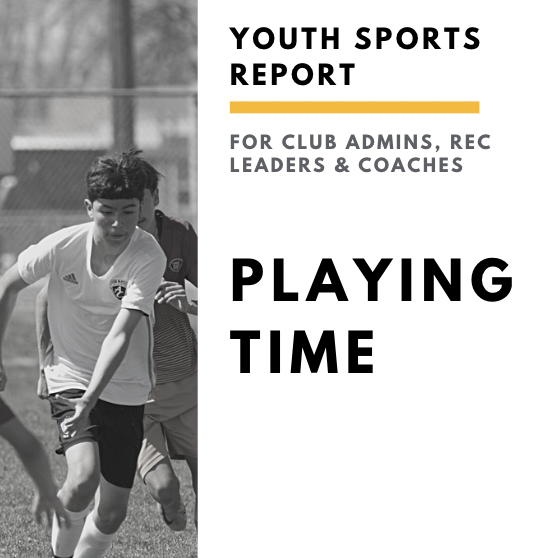Get our exclusive report. Download the iSport360 Club Switching Report Here – For Club Admins, Rec Leaders and Coaches.
Tips for Parents: How to Coach Your Own Kid
It is a tough line to manage. So you are the parent and you coach your kid. Coaching your child in youth sports can be a rewarding experience, but it also comes with unique challenges and considerations. Plus some responsibility to ensure that the team culture is objective and fair. We compiled some tips from experience coaching our own kids here at iSport360. Read on with our tips on How to Coach Your Own Kid.
Maintain a Balance:
Strive to maintain a balance between your roles as a parent and a coach. While it’s natural to want the best for your child, avoid showing favoritism or placing unrealistic expectations on them. Treat your child the same as you would any other player on the team, both on and off the field. This makes it easier on your kid too, if other kids see that your kid is treated the same, everyone wins.
Set Clear Boundaries:
Establish clear boundaries between your parent-child relationship and your coach-player relationship. During practice and games, focus on coaching and providing constructive feedback, rather than parenting or disciplining your child. Save discussions about family matters or personal issues for outside of sports settings. This is important, all family matters happen outside of practice. Set the tone and discuss with your kid before the first practice.
Communicate Effectively:
Practice open and honest communication with your child to avoid misunderstandings or conflicts. Please encourage your child to express their thoughts, feelings, and concerns, and listen actively to their feedback. Be receptive to constructive criticism and strive to maintain a positive and supportive relationship with your child on and off the field. You can’t communicate too much, regular check-ins are important. Remember that it is their game, not yours.
Be Objective:
Maintain objectivity and fairness when evaluating your child’s performance and abilities. Avoid letting personal biases or emotions cloud your judgment, and focus on providing constructive feedback and opportunities for improvement. Recognize and celebrate your child’s strengths, but also address areas where they can grow and develop as athletes.
Focus on Development:
Prioritize your child’s development and enjoyment of the sport over winning at all costs. Emphasize skill development, teamwork, sportsmanship, and personal growth, rather than solely focusing on outcomes or results. Create a positive and inclusive environment where all players feel valued and supported, regardless of their skill level or performance.
Lead by Example:
Lead by example both on and off the field by demonstrating sportsmanship, respect, and integrity in your words and actions. Model positive behavior, attitude, and work ethic for your child and the entire team to follow. Show grace in victory and defeat, and teach your child the importance of resilience, perseverance, and humility in sports and in life
Seek Support and Feedback:
Don’t hesitate to seek support and feedback from other coaches, parents, or mentors who can offer valuable insights and perspectives. Be open to learning and growing as a coach, and continuously strive to improve your coaching skills and knowledge.
By following these tips, parents can navigate the unique challenges of coaching their kids in youth sports while fostering a positive and supportive environment for their child’s development and enjoyment of the sport. Remember that coaching is about more than just winning games—it’s about helping young athletes grow, learn, and thrive both on and off the field.
iSport360 is the only app that does it all for youth sports. For more information on what we do, click here.
About the author:
Amy Masters is a sports mom, coach, and club administrator. She has been coaching youth sports for more than 10 years. She started Jr Lions Field Hockey, the youth recreation program for the Hunterdon County community growing it from 40 players in year 1 to 150 players by year 3. A few years later, she saw the love and competitiveness grow then started Omega Field Hockey Club serving NJ and PA players. Before coaching, she was a collegiate field hockey player for Lock Haven University. In her spare time (lol), she is head of marketing for iSport360 and the co-editor of the Youth Sports Survival Guide. The Youth Sports Survival Guide is the largest youth sports newsletter in the world.
Learn more or request a demo of our youth sports software that is helping teams improve communication, organization and player development.
March 5, 2024





